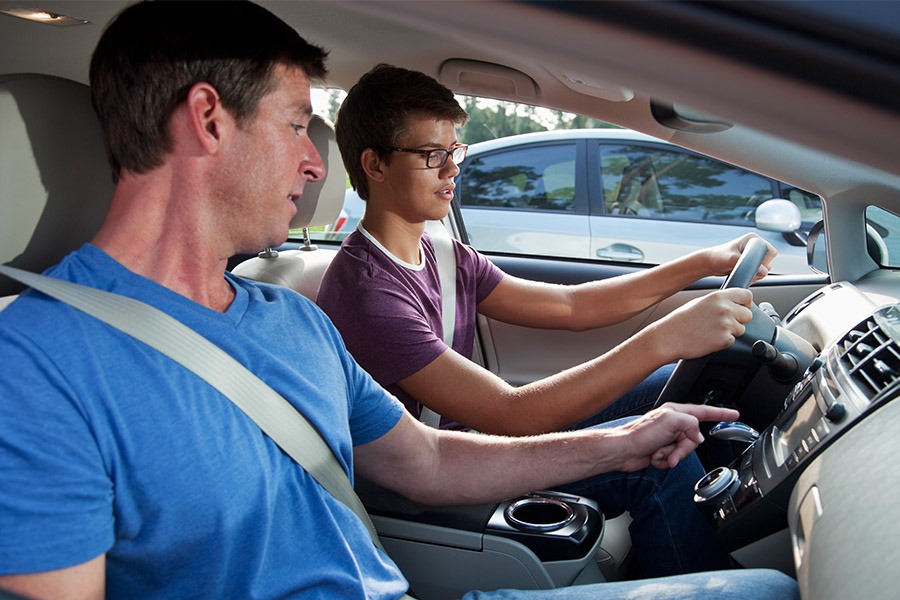These frightening details might mean guardians inhale a murmur of alleviation when their youngsters choose to postpone the permit interaction, which, as indicated by ongoing information from the AAA Foundation, is a developing pattern. In 2013, just 44 percent of youngsters got a permit in somewhere around one year of turning lawful age, contrasted with 66% in 1993. PTDE Yet, for what reason are youngsters quitting? Results from the 2014 Washington State Healthy Youth Survey allude to one potential clarification, says Sheri Gazitt, high schooler and parent teacher, and pioneer behind Teen Wise. In King County, 65% of overviewed tenth graders said they felt apprehensive or restless, and 50 percent couldn’t stop or control stressing.”Numerous teenagers are now restless, so adding something significant is one thing to an extreme. My most established girl didn’t need the obligation of driving,” Gazitt says.

Teen driving school
Youngsters are occupied, as well, so finding every one of the hours required for driver’s schooling is in many cases unthinkable. A few guardians say their advantage offsets their teenager’s advantage. “If our child truly had any desire to go anyplace, he has no doubts about getting on the transport. I think what at long last driven him to sign up for class is the need to have road cred in the midst of the more seasoned young men with licenses in his ball group,” says Mike Spear, a Seattle father.
While we could review frantically requiring that permit to see our companions, teenagers today are considerably less segregated, on account of long range interpersonal communication. “They are strolling their companions through the house on FaceTime, utilizing Instagram and Snap Chat, and playing ‘Minecraft’ practically. There’s such countless better approaches to interface that don’t include driving,” Gazitt says.